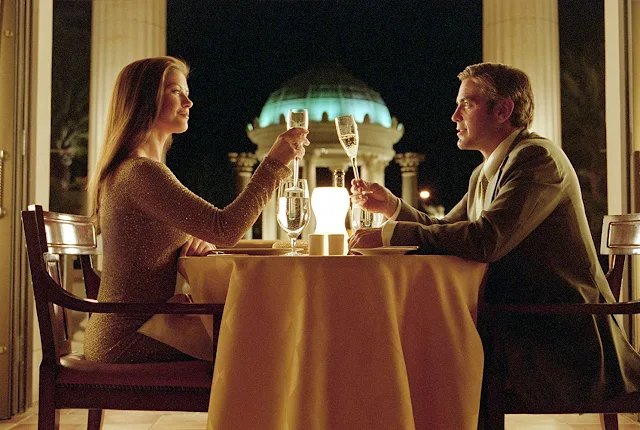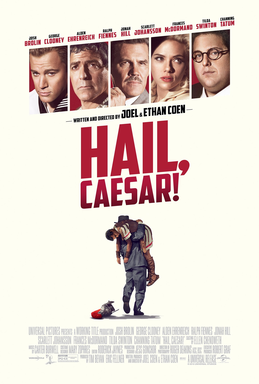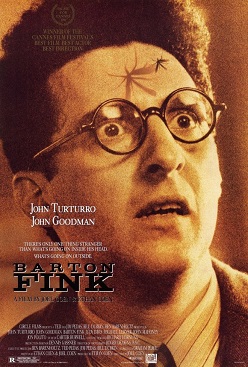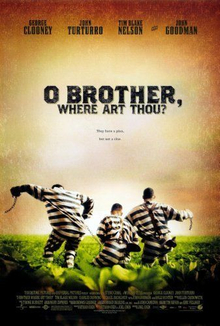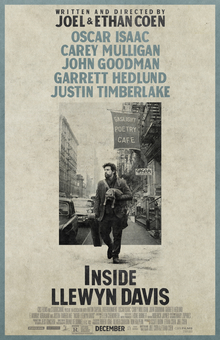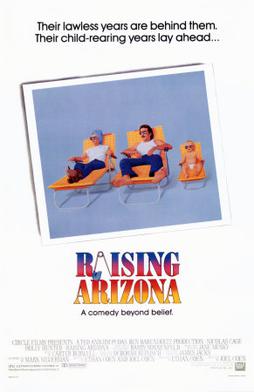No Country is not my favorite Coen brothers film;
Fargo (1996),
Inside Llewyn Davis (2013),
Miller's Crossing (1990), and maybe
O Brother, Where Art Thou? (2000) and
The Big Lebowski (1998) would have to rank higher. But that only shows what an extraordinary contribution the brothers have made to motion picture history. There are those who task the Coens with too much cleverness, too much awareness of breaking or bending conventions, such as, in this film, dispatching both the protagonist and the antagonist off-screen, depriving us of the catharsis usual in such a thriller. There is, some critics argue, something chilly about the Coens, never letting us get too involved in their characters as potentially real human beings. I'd argue that engaging sympathetic identification with characters is not a
sine qua non in art, and that the tendency of writers and directors to do that has led to a lot of sentimental and falsified endings. And anyway, who doesn't feel a sympathetic identification with Marge Gunderson in
Fargo, or the Dude in
The Big Lebowski, to name two of their greatest characters? (They also happen to be original creations of the Coens, not borrowed from a novel, as the characters in
No Country are.) I haven't read the Cormac McCarthy novel, but the film strikes me as a moral fable akin to Chaucer's Pardoner's Tale, with the implacable Anton Chigurh (Javier Bardem) as the Death figure stalking Llewelyn Moss (Josh Brolin), whose avarice -- though modified by a few virtues, such as bringing a jug of water, albeit too late, to the man he finds dying in the desert -- finally proves his undoing, despite his clever attempts to avoid his fate. We root for Moss because of our common humanity, a trait lacking in the psychotic Chigurh, but it's telling that the story is framed by the point of view of Ed Tom Bell (Tommy Lee Jones), who can only see the story as a manifestation of what is lacking in human beings. Ed Tom thinks it has something to do with the changing times, which is why there seem to be no countries for old men anymore, but I would suggest that the medieval fable analogy overrides Ed Tom's theory: Human beings have always been like this. That said, the Coens seem to be assembling a kind of American collage. One thing that
No Country shares with all of the Coens' best movies is a strong sense of time and place, whether it's the frigid Minnesota of
Fargo, the Greenwich Village in the '60s of
Inside Llewyn Davis, the unspecified Prohibition-era city of
Miller's Crossing, the Depression-era Mississippi of
O Brother, or the '90s L.A. of
The Big Lebowski. In this case, it's West Texas in 1980, and every note struck about place and period has a resemblance to truth, without being literal about it. As usual, the Coens' collaborators -- especially cinematographer Roger Deakins and composer Carter Burwell -- play a major role, especially Burwell's almost subliminal score.


